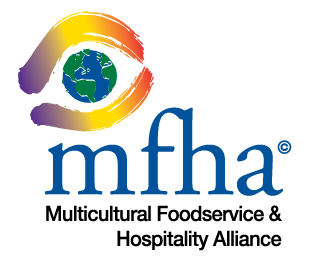MFHA Celebrates
Each holiday/heritage month we will provide to MFHA members a key fact sheet including activation suggestions and offer a 15-minute “office hours” time slot with Seema Jain, Founder of Seva Global.

MFHA is launching our MFHA Celebrates program where we will highlight cultural holidays and cultural heritage months throughout the year. We are pleased to present Lunar New Year & Black History Month. With each holiday/heritage month we will provide to MFHA members a key fact sheet including activation suggestions and offer a 15-minute “office hours” time slot with Seema Jain, Founder of Seva Global. To ask questions, discuss activation ideas and suggestions, and hear how other fellow MFHA members plan to celebrate the holidays/heritage months with their employees and customers.
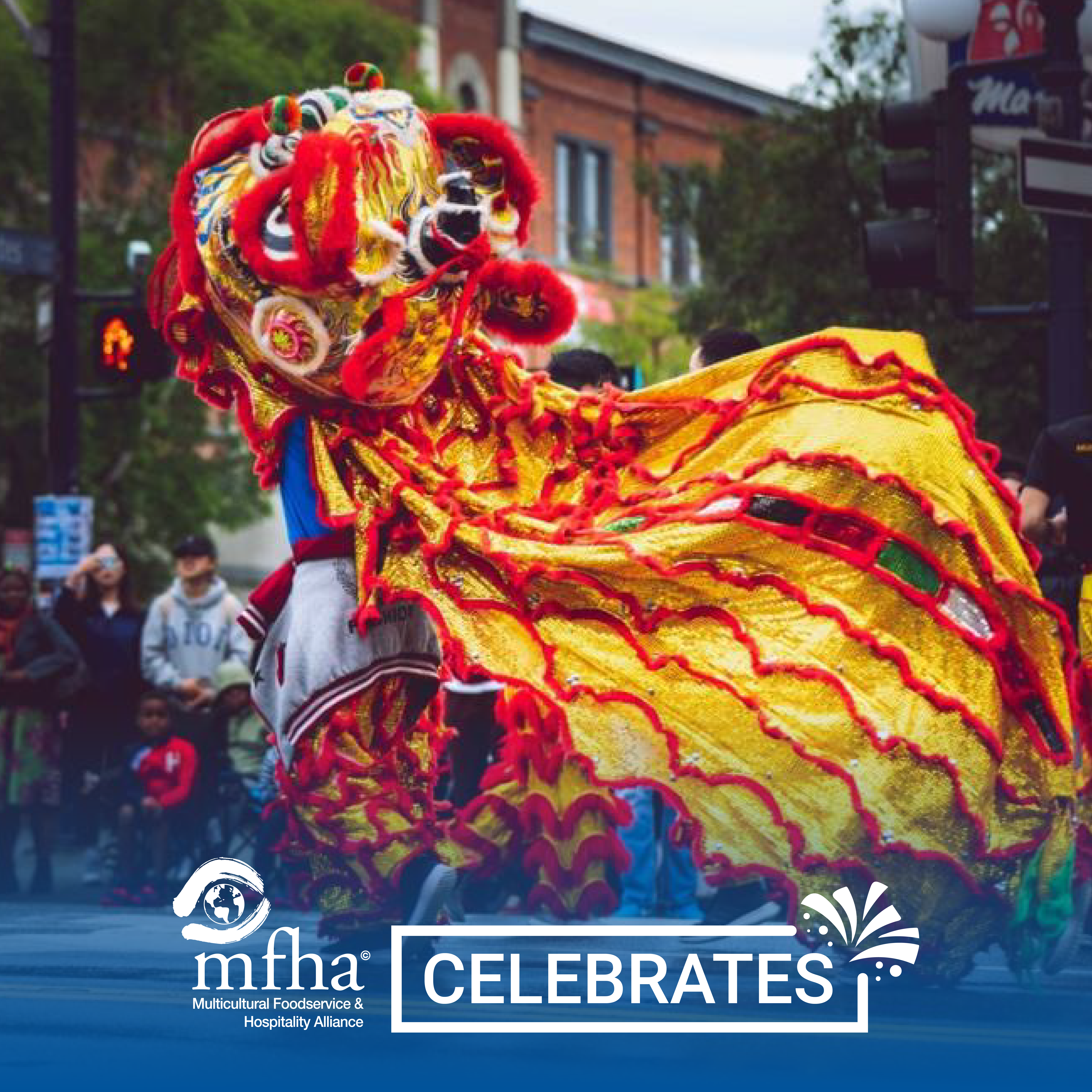
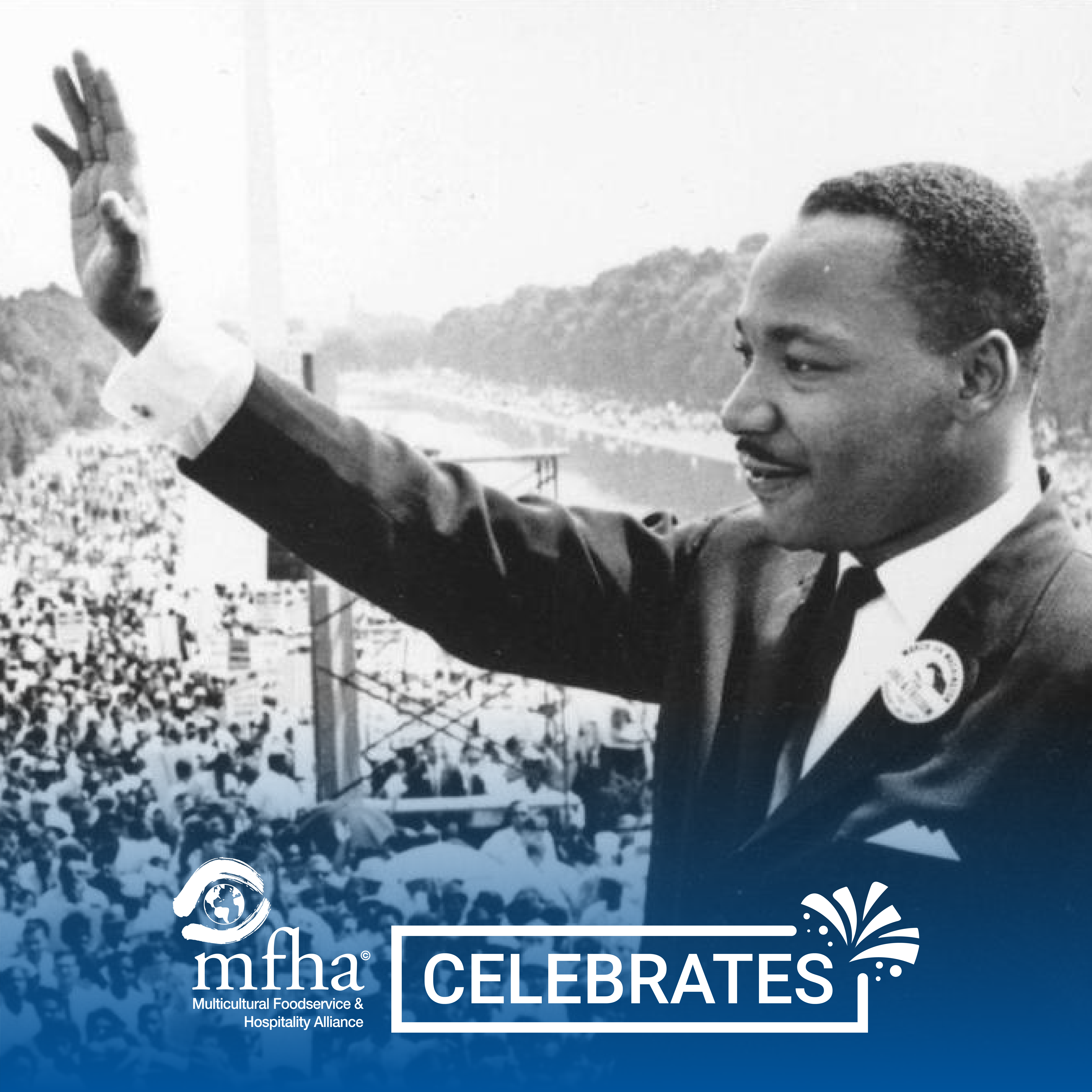
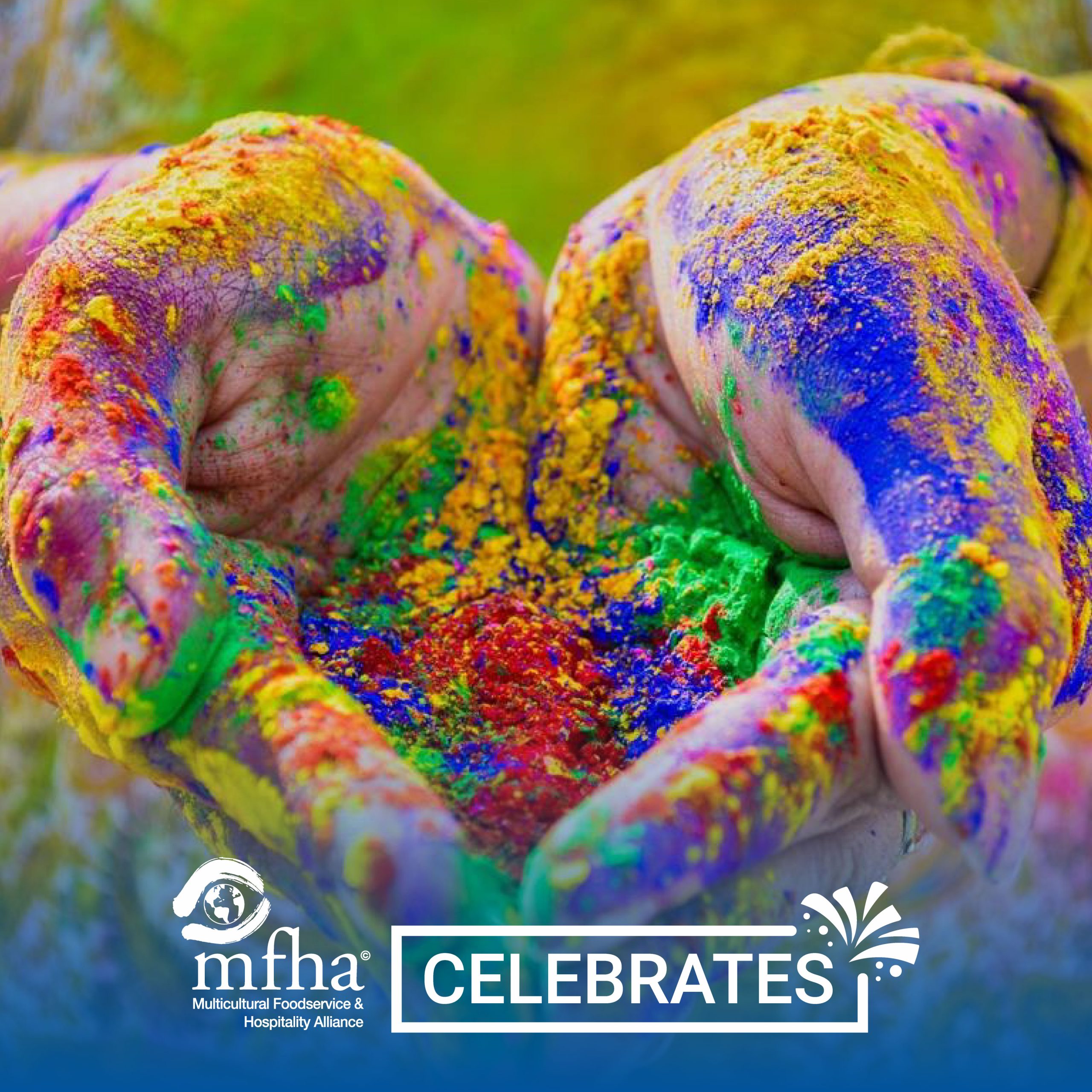
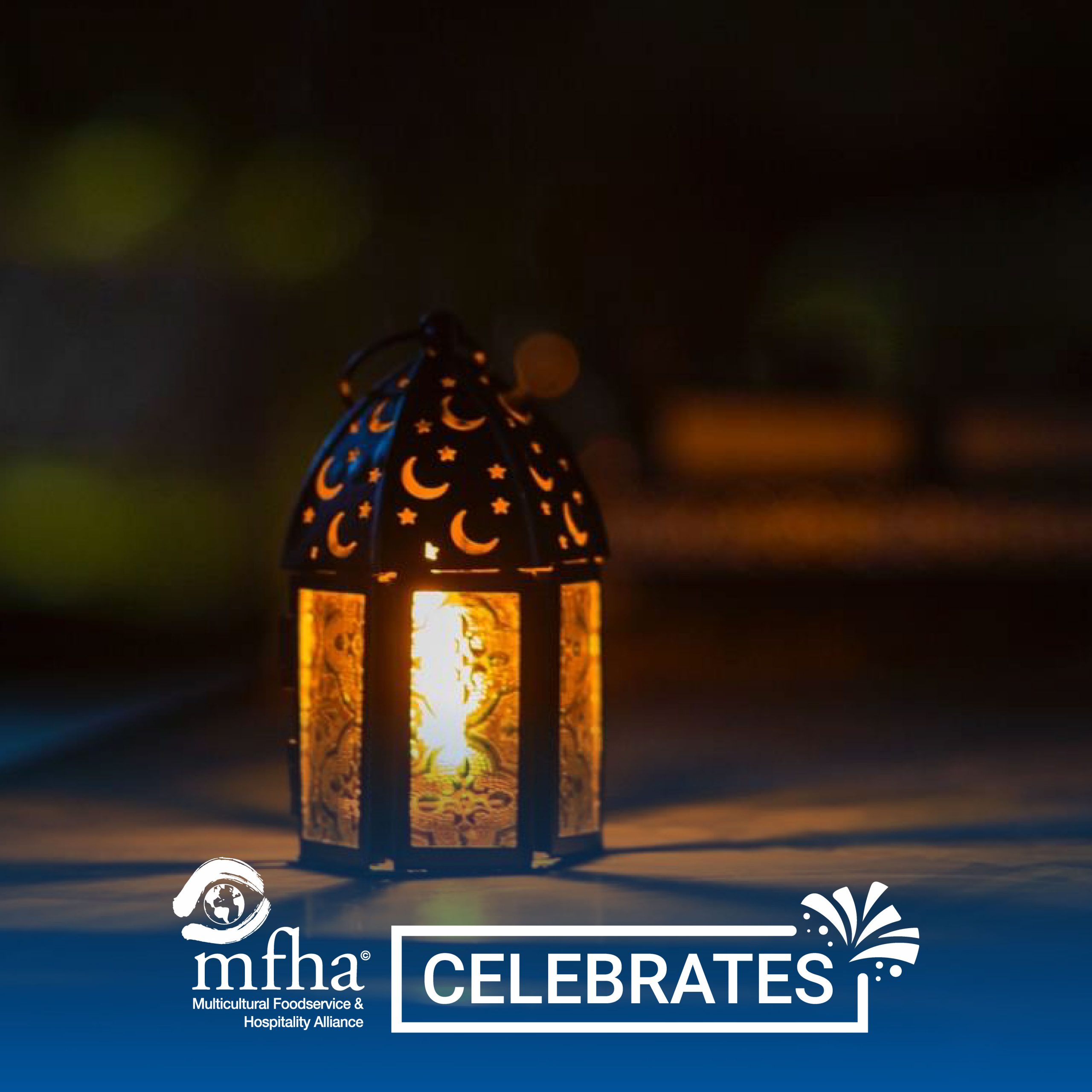
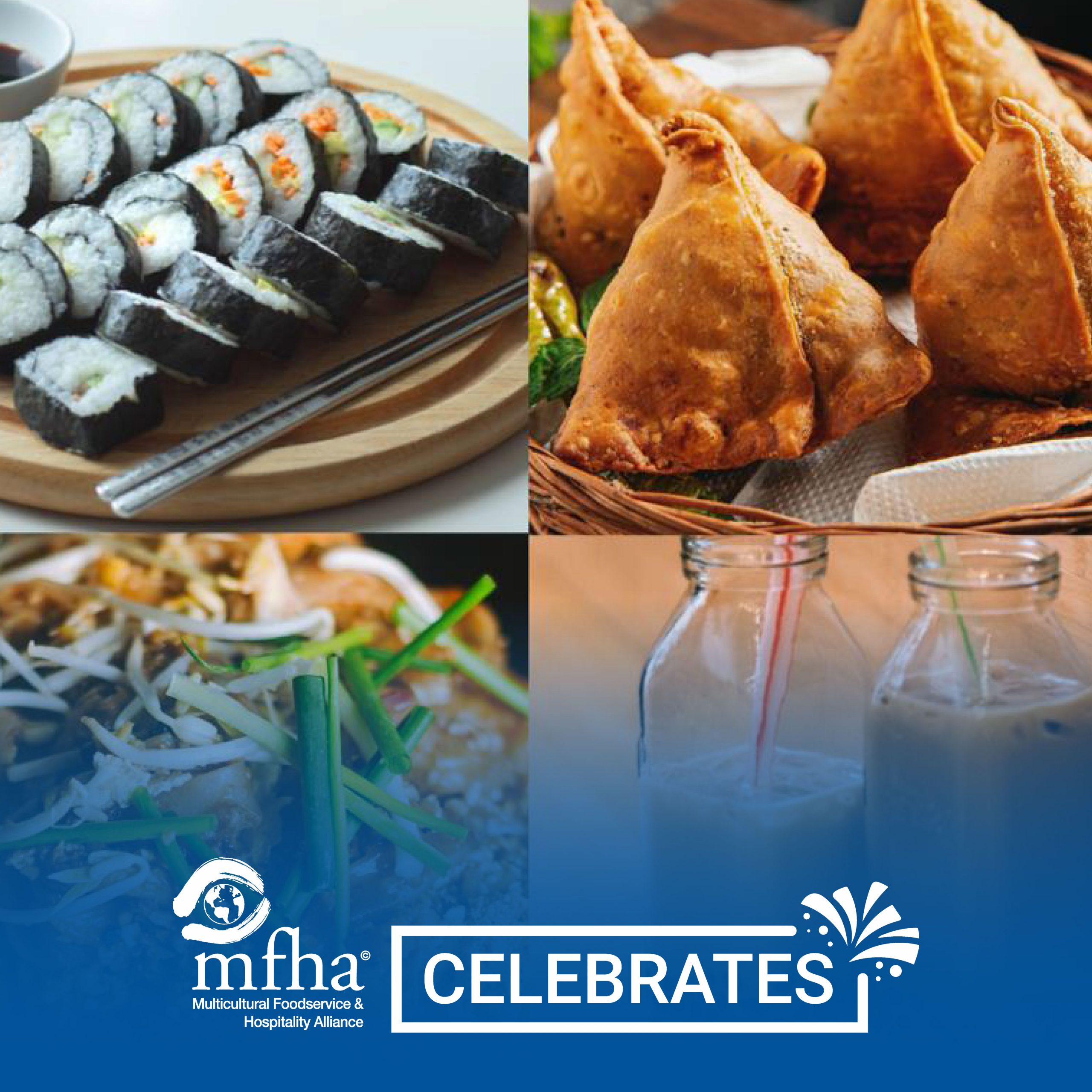
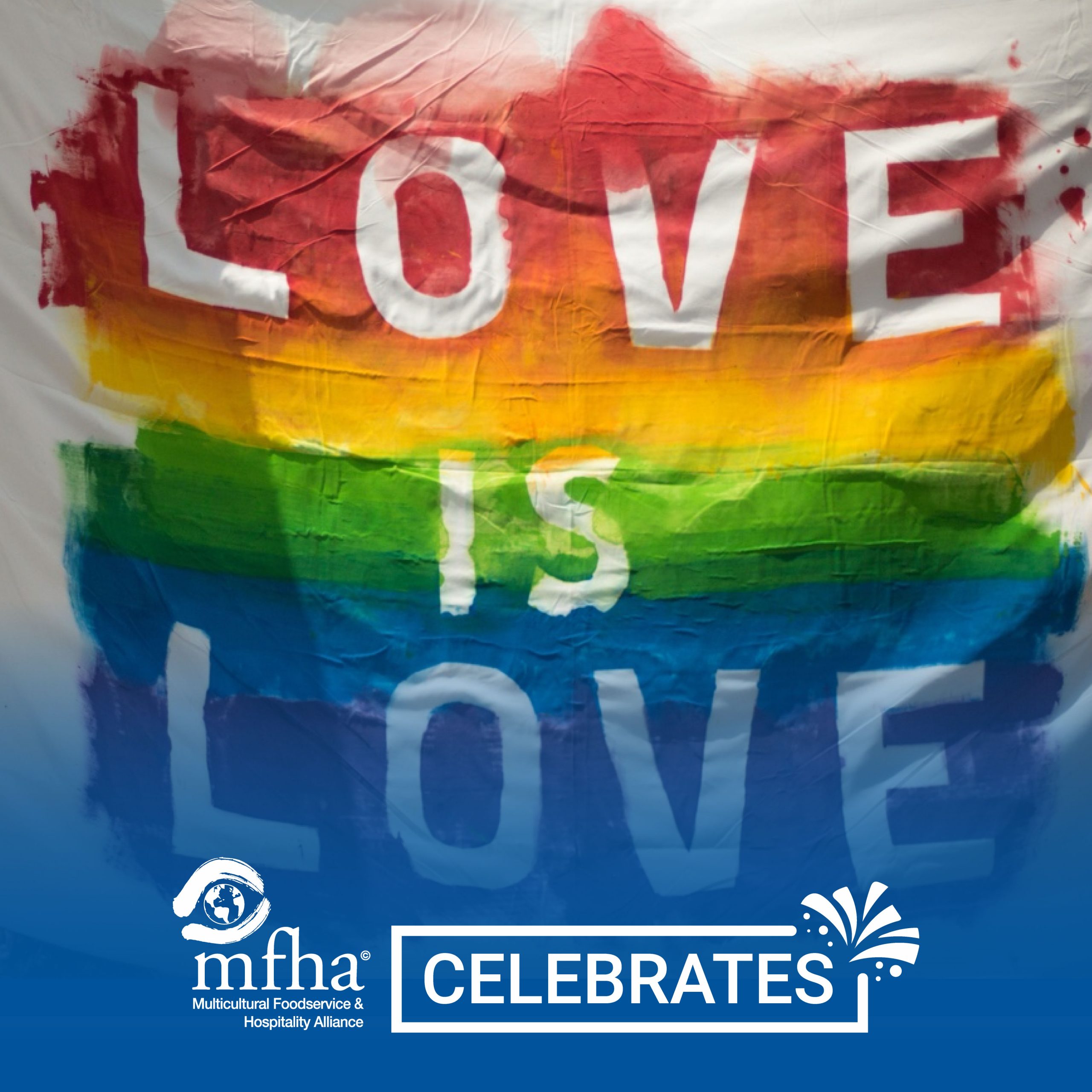
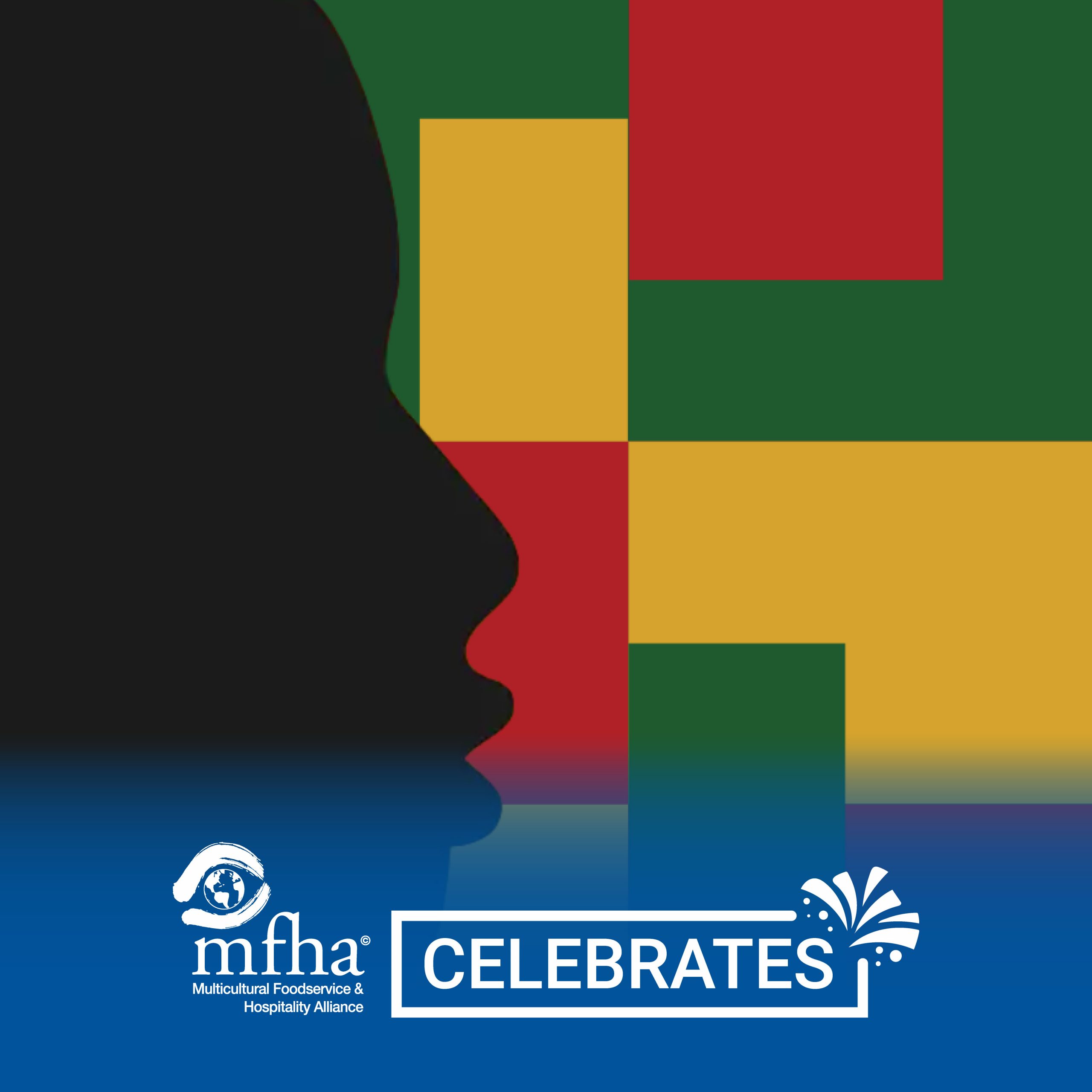
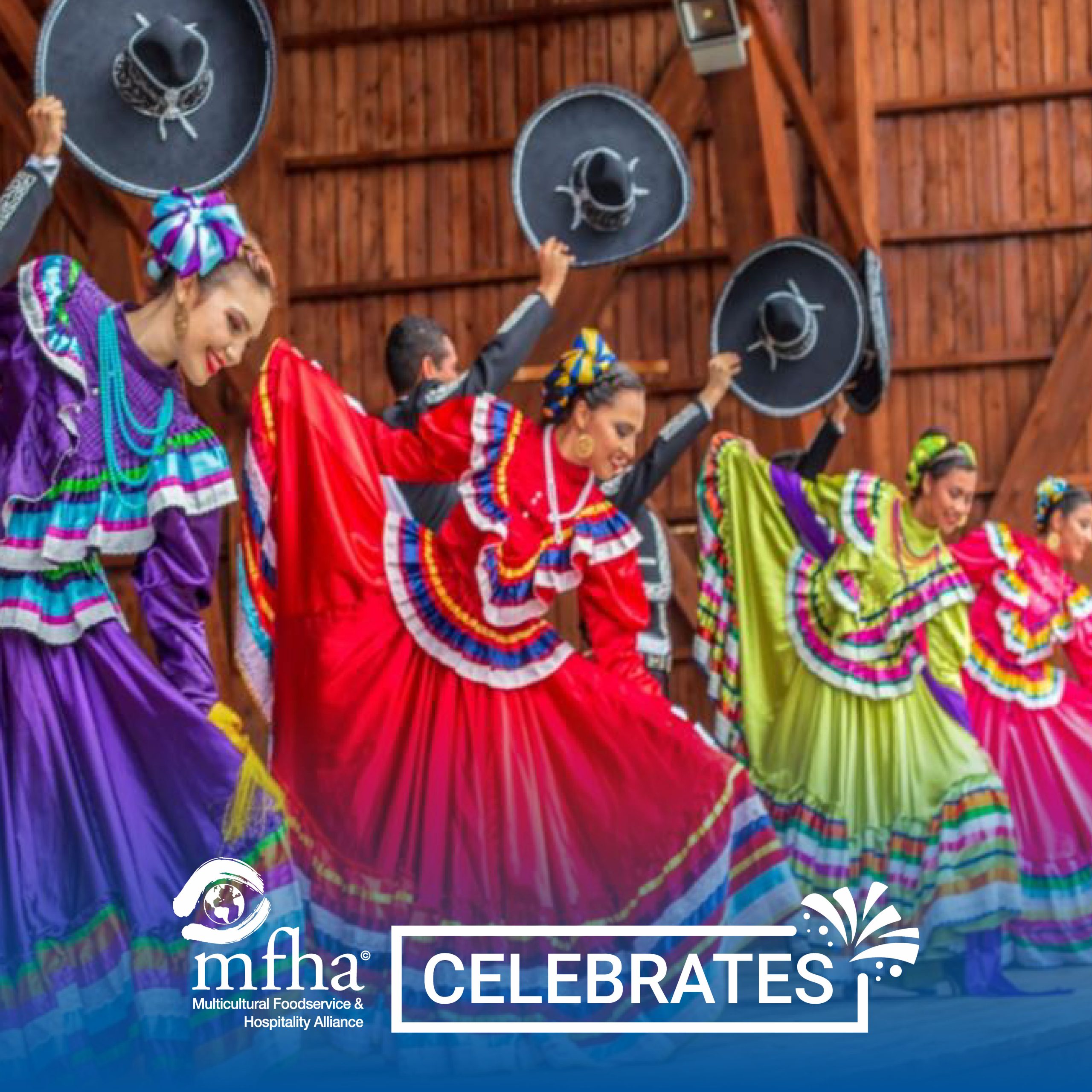
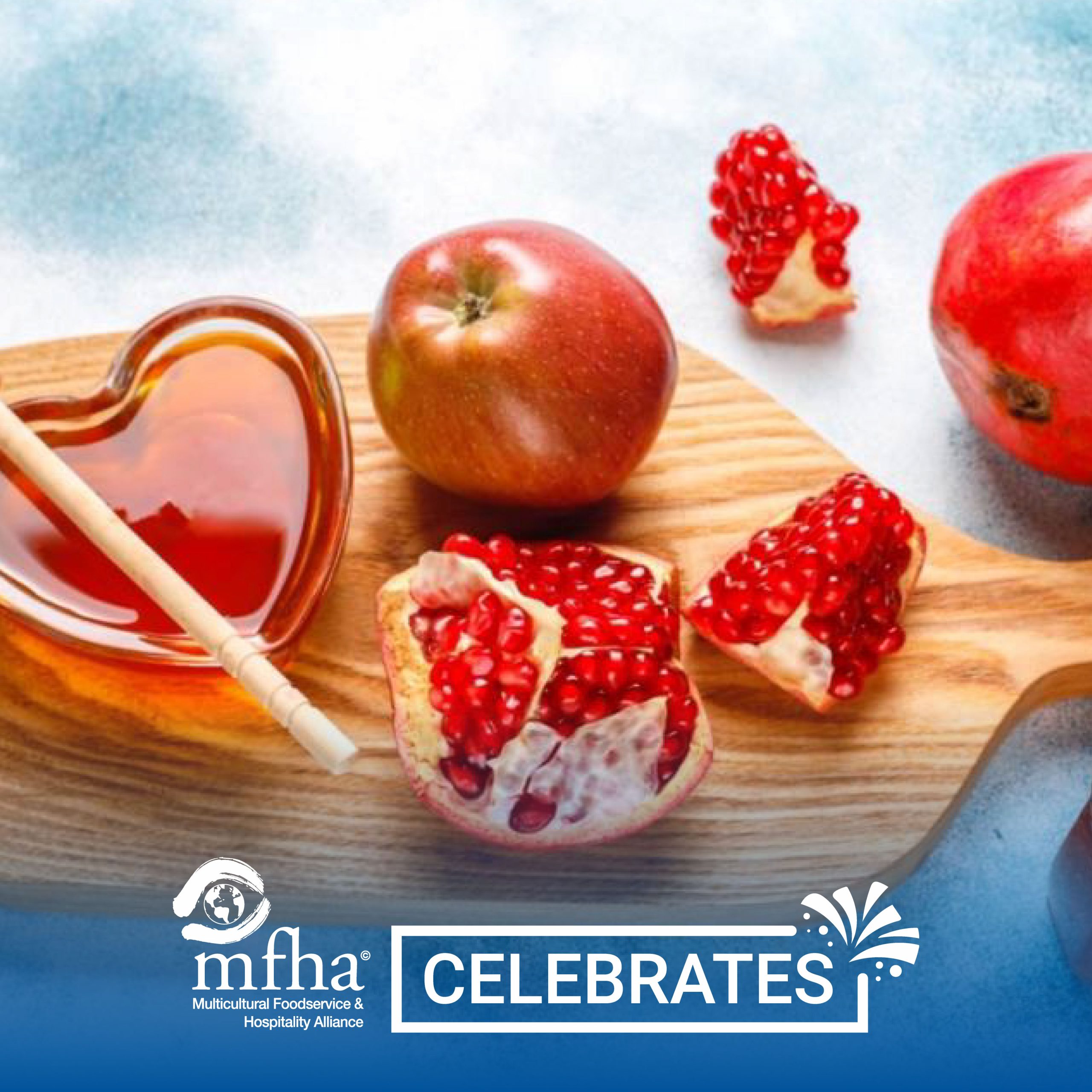

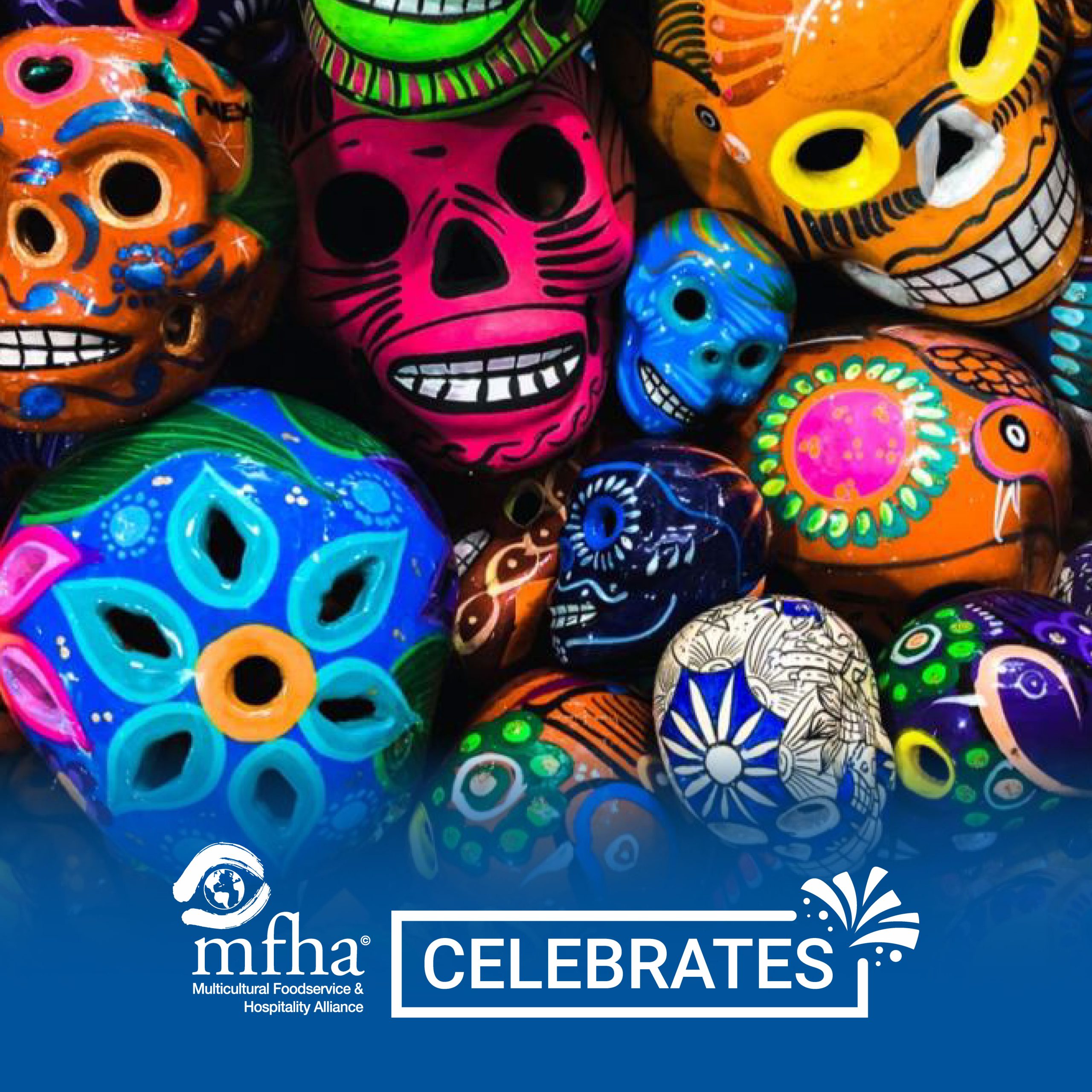
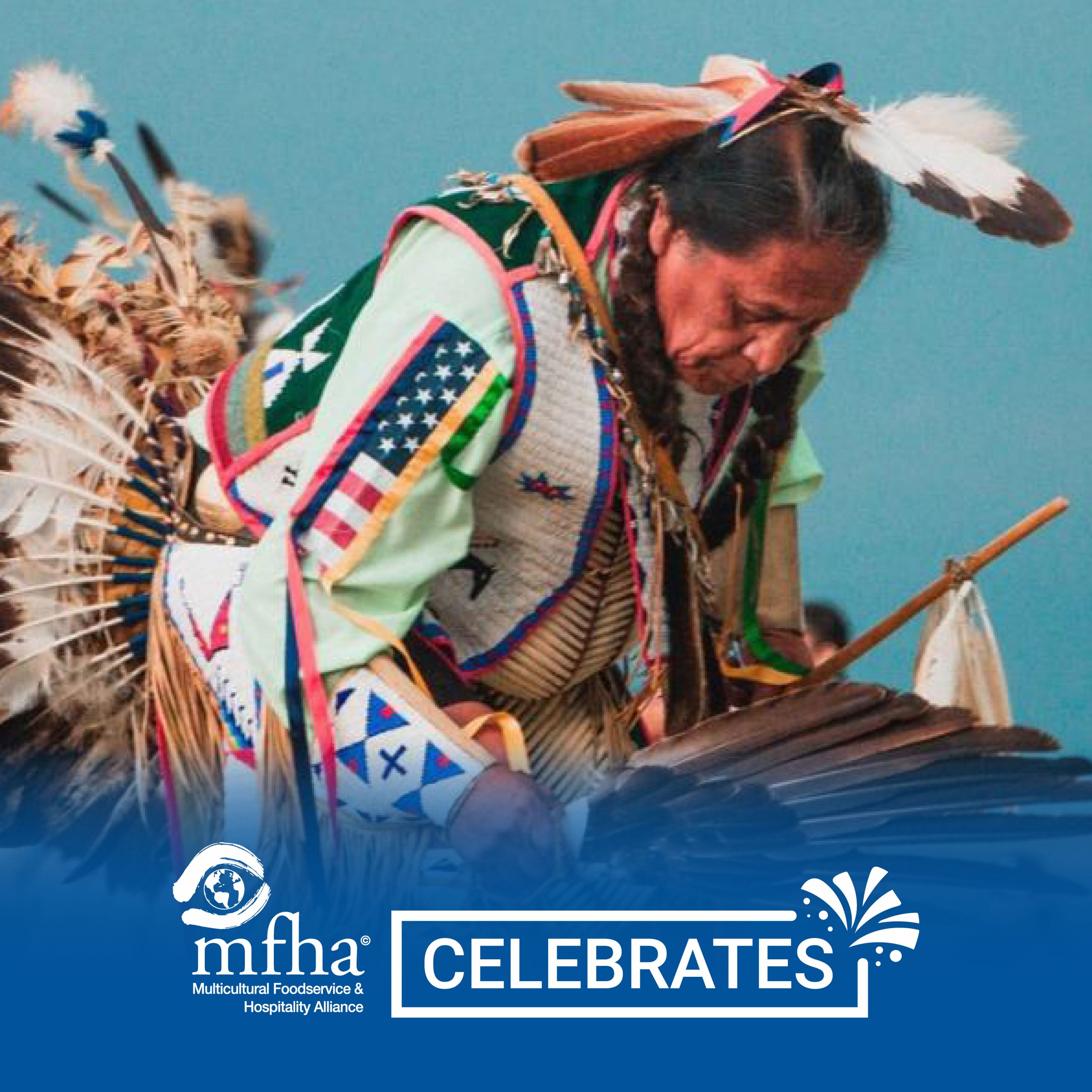


Lunar New Year, or Chinese New Year, is a 15- day annual celebration marking the first new moon of the lunisolar calendar. 2022 is the Year of the Tiger.
While Lunar New Year is not a religious holiday, the celebration’s magnitude is similar to Christmas in the USA or Europe. The holiday is mainly celebrated in East and Southeast Asia.
The festival is thousands of years old and there are many legends of its origins.
Black History Month, or National African American History Month, is an annual celebration of achievements by Black Americans and a time for recognizing the central role of African Americans in U.S. history.
HISTORY
In September 1915, the Harvard-trained historian Carter G. Woodson and the prominent minister Jesse E. Moorland founded the Association for the Study of Negro Life and History (ASNLH), an organization dedicated to researching and promoting achievements by Black Americans and other peoples of African descent. Known today as the Association for the Study of African American Life and History (ASALH), the group sponsored a national “Negro History Week” in 1926, choosing the second week of February to coincide with the birthdays of Abraham Lincoln and Frederick Douglass. By the late 1960s, negro history week had evolved into Black history month on many college campuses. President Gerald R. Ford officially recognized Black history month in 1976. Since then, every U.S.
President has officially designated the month of February as Black history month and endorsed a specific theme. The theme for 2022 is “Black health and wellness.” Other countries around the world, including Canada and the United Kingdom, also devote a month to celebrating Black history.
Holi (ho-lee) is a famous Indian holiday known as the “Festival of Colors” or “Festival of Love.” Holi celebrates the beginning of spring. The festival lasts for a full day and night, celebrated on the last full moon in the lunar month of Phalguna, typically falling in March.
Originally, Holi was a festival that commemorated good harvests and the fertile land. Hindus believe it is a time for enjoying spring’s abundant colors and saying farewell to winter.
It is more commonly celebrated in North India. Holi has started becoming more popular outside of India as well.
In the United States, the month of May is dedicated to recognizing and celebrating the contributions and influence of Asian Americans and Pacific Islander (AAPI) Americans.
Asian American and Pacific Islanders are one of the fastest growing minority segments and make up approximately 8%* of the US population. This diverse group enriches the American culture greatly.
Pride Month is recognized every June and is dedicated to celebrating the LGBTQ+ community. Many pride events are held during this month, such as pride parades and festivals, to uplift LGBTQ+ voices.
Pride Month is dedicated to supporting the community’s rights and the pursuit of equal justice.
Key Fact Sheet
Juneteenth is a federal holiday in the United States of America. This day commemorates the effective end of slavery in the nation. The day honors freedom, culture, and achievement.
It is also known as Juneteenth National Independence Day, Emancipation Day, Jubilee Day, Freedom Day, or Black Independence Day.
Key Fact Sheet
Hispanic Heritage Month is recognized annually in the United States to honor the contributions and influence of Hispanic Americans to our nation’s history, culture, and achievements. This includes Americans whose ancestors come from Mexico, Spain, the Caribbean, Central America, and South America.
Key Fact Sheet
Rosh Hashanah is the Jewish New Year. It begins at sundown of the first day of Tishrei, which is the seventh month of the Hebrew Calendar. It is a two-day observance that honors the creation of the world. It also begins a 10-day period of introspection and repentance called the Days of Awe.
Key Fact Sheet
Diwali (pronounced dhee-va-lee) is known as a festival of lights and is celebrated by many religions and people including Hindus, Jains, Sikhs, and some Buddhists. Some also call it Deepavali. Diwali originated in India and is mentioned in early Sanskrit texts. The date of Diwali is determined by the lunar calendar and differs slightly year to year, but it is usually between mid-October to mid-November.
Key Fact Sheet
Día de los Muertos (Day of the Dead) largely originated in the central and southern regions of Mexico. Friends and family come together on this day to honor and cherish their loved ones who have passed on.
Key Fact Sheet
In the United States, the month of November is dedicated to honoring the history and heritage of Native Americans who deeply enrich our nation. National Native American Day is celebrated on November 26, the day after thanksgiving. It is a time to acknowledge and celebrate the many important contributions, the diverse cultures, and traditions of Native Americans.
Key Fact Sheet
Hanukkah, also known as the Festival of Lights, is a Jewsih holiday that is celebrated over eight days and nights in rememberance of two miracles. The first is the victory of a small, greatly out armed and outnumbered army of Jewish People, the Maccabees, over the mighty Greek army. The second was when the Maccabees liberated the Temple from the hands of the Greek invaders, they found only a small cruse of pure and undefiled olive oil fit for fueling the menorah, which would only last one day. Miraculously, the oil burned for eight days and nights. The holiday begins on the 25th of Kislev, in the Jewish calendar, based on the lunar cycle. The word Hanukkah has no correct spelling in English, but it is commonly spelled Chanukah which means dedication or induction.
Key Fact Sheet
Kwanzaa is an annual family celebration held primarily in the United States. Kwanzaa celebrates the seven values in African culture: unity, self-determination, collective responsibility, cooperative economics, purpose, creativity and faith. It honors African heritage and African American culture. It is a week-long celebration culminating in a communal feast called Karamu.
